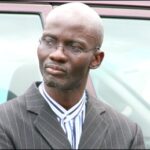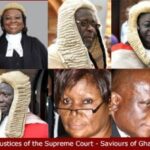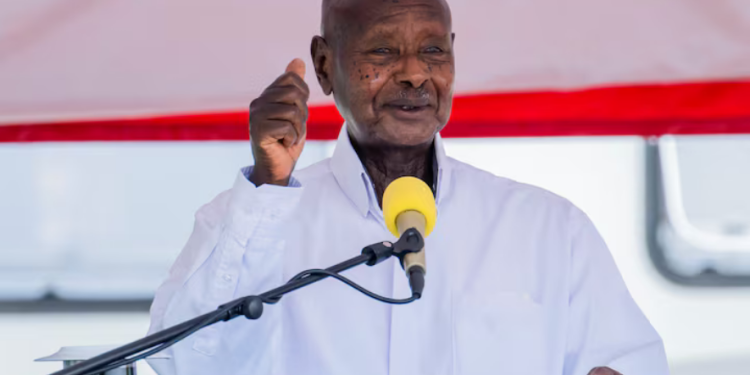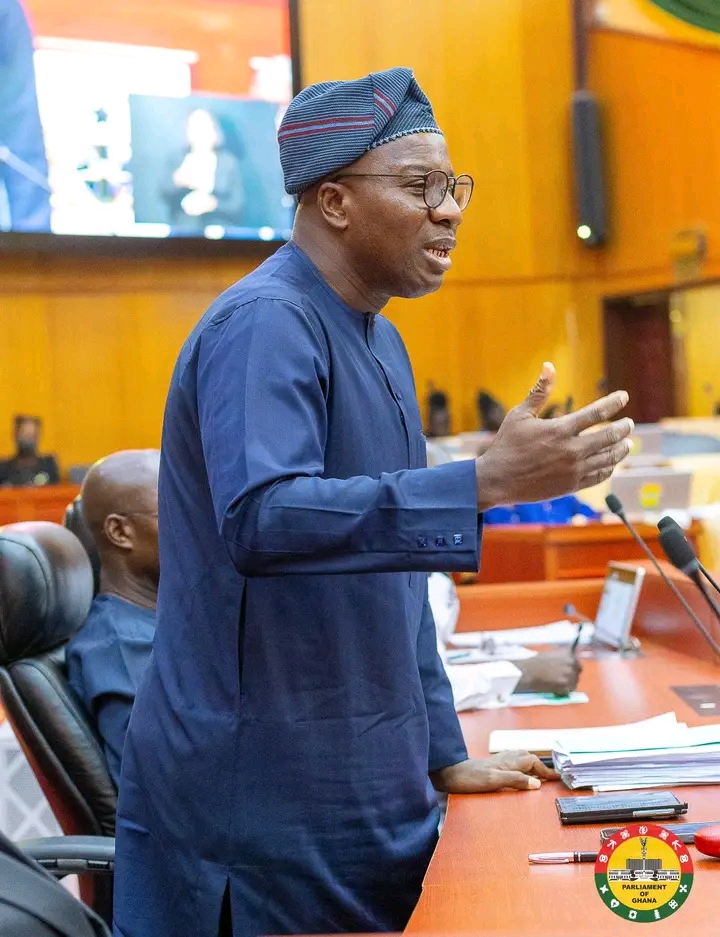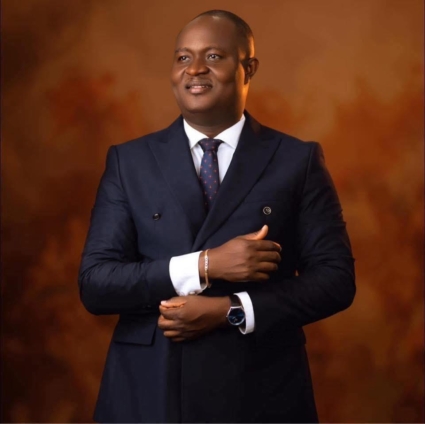On Monday, September 16, 2013, the Danquah Institute, in partnership with other civil society groups will hold a symposium at the British Council for jurists and other legal and statistics experts to critique the decision of the Supreme Court in the presidential election petition filed by Nana Akufo-Addo and two others against the election of President John Mahama in the December 2012 election.
But, last week, as a panelist on two separate current affairs programmes on radio (Oman FM and Joy FM), I provoked an argument, which will be one of the topics that the legal and analytical minds will delve into at the upcoming symposium.
I stated that, going by the reliefs sought by the petitioners and the issues set for determination by the Supreme Court, as the trial court of facts, it is difficult to not describe as perverse the conclusion of the presiding judge, when announcing the decision on August 29, 2013, that, “[i]n the circumstances, the overall (net) effect is that the first respondent was validly elected and the petition is, therefore, dismissed.”
In fact, the Court could not say expressly upon which actual majority the final decision was reached. It chose rather conveniently to sidestep its own issues for determination to do a vote count on the six main categories of infractions from which the petitioners extracted their evidence.
It was as if the Court’s main duty was to uphold the presidency of John Mahama rather than to uphold the Constitution of the Republic. The 1992 Constitution sets out the judicial oath, which concludes, “I will at all times uphold, preserve, protect and defend the Constitution and laws of the Republic of Ghana.” This leads Justice Anin Yeboah to pose the question at page 472 of the judgment, “if a court of law does not give effect to the law, who will.”
Again, US Supreme Court judge, Justice Benjamin Curtis, dissenting in Dred Scott, warned the country against letting judges make up new constitutional provisions, in these famous words: “When a strict interpretation of the Constitution, according to the fixed rules which govern the interpretation of laws, is abandoned, and the theoretical opinions of individuals are allowed to control its meaning, we have no longer a Constitution; we are under the government of individual men, who for the time being have power to declare what the Constitution is, according to their own views of what it ought to mean.” Dred Scott was an African-American slave who unsuccessfully sued for his freedom and that of his wife and their two daughters in the Dred Scott v Sandford case of 1857.
Reading superficially from what the Court read on 29th August, the general conclusion has been that it was a 5:4 majority decision that John Mahama was validly elected.
My view, however, is that the decision, in both fact and law, is a 5:4 majority that John Mahama was not validly elected. This is because five justices, Julius Ansah, Rose Owusu, Jones Dotse, Anin Yeboah, and Baffoe Bonnie, all held that the irregularities found were enough to affect the results and that there should be a second election but in the affected areas. Significantly, they were willing to uphold the law but without totally disenfranchising the voters affected.
To paraphrase Justice Atuguba’s words, the “net effect” of the majority of the bench was that the December 2012 presidential election did not satisfy the requirement in Article 63(3) of the Constitution of the Republic that “A person shall not be elected as President of Ghana unless at the presidential election the number of votes cast in his favour is more than fifty per cent of the total number of valid votes cast at the election.”
The five judges, who found for the petitioners, based their decision on three of the six main categories, namely over-voting, voting without biometric verification and absence of presiding officers’ signatures. Four of them always agreed on each of the three categories of infractions.
Equally instructively, such were the number of polling stations involved, over 4,000, that finding for the petitioners on any one of the three categories would lead to no candidate winning the December 2012 presidential contest. Also, granting any two of the three could mean that the residue of valid votes cast pointed to the first petitioner as the validly elected president.
Notwithstanding the fact that all five justices concluded that John Mahama was not validly elected, they fell short of declaring Akufo-Addo as validly elected, opting instead for a second election in the affected areas. So, the question is, why did the Court not order a rerun as concluded emphatically by five members of the nine-member panel?
So how come the Court concluded that John Mahama was rather the one who was validly elected? How the Court sought to go around invalidating the said election and upholding the disputed declaration of 9th December, 2012, was to introduce a new issue altogether on the day of judgment. This was that the petitioners must get a majority of judges agreeing, not just that there were infractions, but, more materially, on each category of infraction.
There were 6 categories of infractions, and the petitioners case was that there were a lot more instances where multiple infractions affected the results from the same polling stations, further leading to 24 sub-categorisations in order to avoid double-counting.
At page 79 of the address of counsel for the petitioners, Mr Philip Addison pointed out to the Court that the case of the petitioners was not based on ‘categorisation’ or categories of infractions but rather on the occurrence of infractions affecting the results at the various polling stations. He said, “the purpose of breaking down the categories into 24 was simply to avoid double-counting. To say that the petitioners’ case is based on categorisation rather than violations/infractions is to misunderstand entirely the case of the petitioners, which is based not on categories of infractions but on violations or infractions on the face of the pink sheet.”
The Two Median Justices, Dotse and Baffoe Bonnie
The rational behind this can be situated in the opinions of the two seemingly median justices, Dotse and Baffoe Bonnie. Both of them found enough evidence to conclude that John Mahama was not validly elected. However, because their findings managed to avoid each other’s findings, the petitioners were denied a majority on any of the three infractions that were eventually in issue. But, should that have been the materially occupation of a court determined to grant substantial justice in a matter of such national substance?
Justice Dotse found for the petitioners on over-voting and absence of presiding officers’ signatures. Justice Baffoe Bonnie granted voting without biometric verification. He also found for over-voting, but by some never-explained analysis, concluded that the votes involved were not enough to affect the results! Nevertheless, the two justices joined the three other justices, Ansah, Owusu and Anin Yeboah, to find for the petitioners on all three categories, and the weight of the combined evidence in the three categories was more than enough to bring John Mahama squarely below the scale of validity as constitutionally required.
The total votes to be cancelled under voting without biometric verification were 816,866, with 560,399 coming out of John Mahama’s votes and 234,970 coming out of Akufo-Addo’s, leaving the two candidates neck-and-neck on 49.25% each on the residue of valid votes cast.
Even though justices Dotse and Baffoe Bonnie did not meet on any of the three categories, the two judges invariably found themselves meeting where it matters most, the polling stations where the said infractions took place. This is due to several instances of multiple violations found on the same pink sheet.
Per my initial analysis, the infractions accepted by the two justices emerged in a merged form in 715 polling stations, where on the particular same pink sheets the two justices joined the other three in finding that voting without biometric verification took place along side over-voting and/or absence of presiding officers signatures. Some 282,998 votes are involved, clearly having a material effect on the results declared.
The basis of my argument is pretty obvious. By their second amended petition of 8th February 2013, the petitioners sought the following reliefs:-
- “ that John Dramani Mahama, the 1st respondent herein, was not validly elected President of the Republic of Ghana;
- that Nana Addo Dankwa Akufo-Addo, the 1st petitioner herein, rather was validly elected President of the Republic of Ghana;
- consequential orders as to this Court may seem meet.”
ISSUES FOR DETERMINATION
The Supreme Court set down two issues for trial as follows: ““
Source: GhanaWeb


